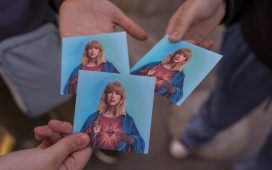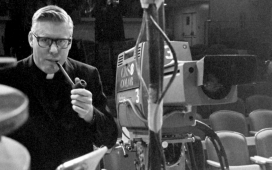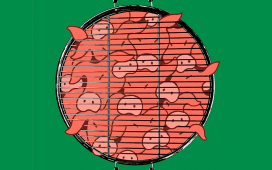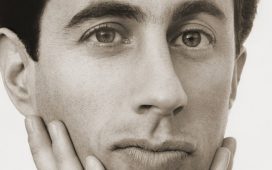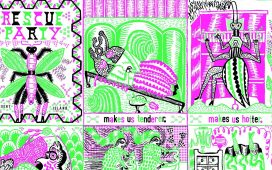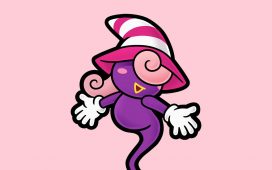In a series of now-infamous tweets last week, President Trump wrote that the four congresswomen of color known as “the squad” — Alexandria Ocasio Cortez (D-NY), Rashida Tlaib (D-MI), Ayanna Pressley (D-MA), and Ilhan Omar (D-MN) — “originally came from countries whose governments are a complete and total catastrophe,” and said they should “go back and help fix the totally broken and crime infested places from which they came.”
Of the four, only Ilhan, from Somalia, is an immigrant. But that fact is immaterial to what Trump inferred: if you aren’t white and you dare to criticize any aspect of America, you don’t belong here.
Trump’s comments were targeted at the four congresswomen, but they also spoke to a much larger, more disturbing sentiment toward people of color: the notion that we don’t belong in America, regardless of our immigration status. For many nonwhite LGBTQ+ people, Trump’s remarks reopened painful wounds, reminding them of their experiences being othered and dealing with racism and xenophobia.
I asked five LGBTQ+ people of color to share their stories about being told to “go back,” and about what their relationship with diaspora is like as a queer person.
I’ve never felt gayer than when a homophobe was in the White House, and I’ve never felt browner than when a white supremacist was in the White House.
Anthony Smith
The first time I heard it, it was honestly like a dam bursting. It was my move-in day at college in Connecticut, and my family and I were at the local supermarket getting stuff for my little fridge. While we were bagging groceries, the woman ahead of me claimed we had to wait for her to be done bagging, which wasn’t true. There were two sides to the bagging station, and every other aisle had two groups bagging at each one.
I told her, “sorry, but I don’t think that’s true.” Then she claimed I broke her eggs by being pushy and tried to rat me out to the supermarket. They told her her eggs were fine, and she said, “well, they smashed my bread.” The supermarket told her, “no, we were watching the whole time. They didn’t touch your stuff.”
This woman, her eyes were welling up with tears. I was sympathetic. She seemed to be having some kind of day, and while she was entirely in the wrong, I felt bad for her. Then she goes, “you know, if you people don’t know how to behave in this country, you should just go back to where you come from.”
The look on her face was contorted, and she went from visibly sad to joyful, as if she’d just taken control of the situation. I had just turned 18 two days before. I’ve lived in this country for most of my life. I thought, “Wow — here is that racism everyone has told me about.”
I knew I was a Filipino all my life, but learning I was a homo was a new thing for me. I’ve never felt gayer than when a homophobe was in the White House, and I’ve never felt browner than when a white supremacist was in the White House.
Alexandra Halaby
My father was a Palestenian refugee; he came to the US as part of Eleanor Roosevelt’s relocation program. In 1951, when he was five or six years old, he was able to get out of a refugee camp in Palestine with his parents and siblings and come to America. He was so young. He grew up very Americanized. And one side of my mother’s family goes back to a pre-revolutionary era in America; the other side more recently immigrated from Ireland.

